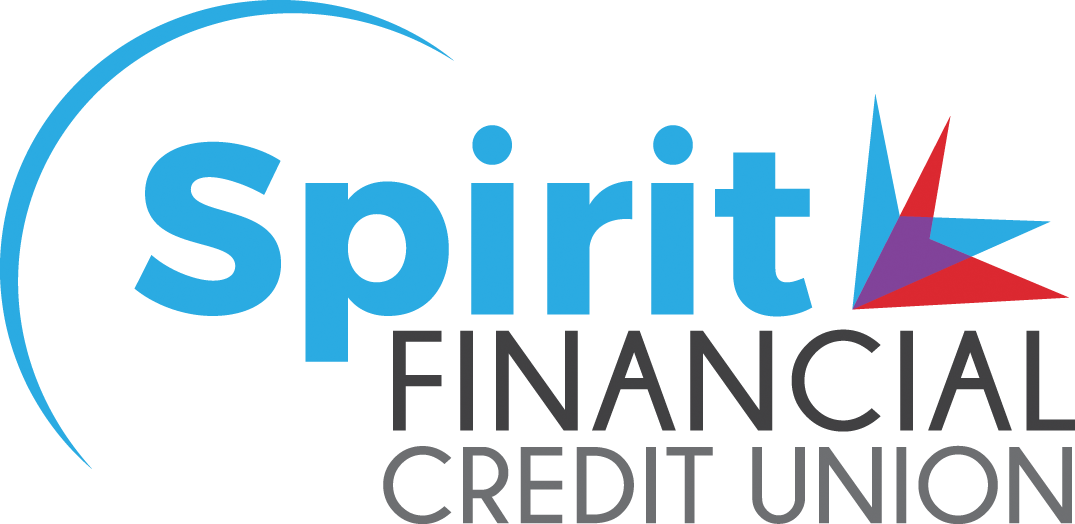When you’re in the market for a home equity line of credit (HELOC) to pay for a home improvement project, tuition payments, debt consolidation, emergency expenses, or any large expense, you want to make sure you get the best deal possible. Unlike a credit card, which is unsecured debt, a HELOC is secured by collateral – your home. Once you’ve been approved for a HELOC of a certain amount, you can borrow as much as you need up to that pre-approved amount as you need it during the “draw period.” Once that draw period ends, the repayment period begins. Knowing the right questions to ask when shopping HELOC lenders can help you accurately compare and get the best deal on a HELOC.
What is the HELOC interest rate and how often can that rate change? Most HELOCs have variable interest rates and those rates vary by lender. Although the lower rate may result in lower monthly payments at first, the payment may change and go up considerably during the remainder of the repayment period. Be sure to compare the terms. We also suggest you be cautious of a very low teaser HELOC rate. You will need to know exactly how long that special, low introductory period lasts and what the rate will go up to after that. Low introductory rates can be great when you know how long they last and what happens after that.
Is there a cap on the interest rate and if so, what is it? Because the interest rate associated with a HELOC is an adjustable rate, certain lenders may have a rate cap on how high the interest rate can actually go. It’s important to know this before you borrow.
What is the draw period? This would be the amount of time you would have to actually draw money from the HELOC before your repayment period would begin. You will want to know that the draw period on the line is long enough to meet your needs.
Are there any rules regarding an initial draw? Some lenders may require a certain initial draw amount.
Is there a minimum draw amount? If so, what is it? If you are borrowing a HELOC to use as an emergency fund or pay for sporadic education costs, you need to be aware of any minimum draw requirements.
How are the HELOC funds accessible? Check, debit card, etc.
Is there a pre-payment penalty? If so, what are the details? You want a HELOC with no pre-payment penalty, which would enable you to pay off the balance sooner if possible.
Is there a monthly or annual limit on the number of HELOC draws? Again, you want to be sure the home equity line of credit meets your needs.
What are all of the fees and costs associated with a HELOC? This may include an appraisal fee, application fee, document preparation fee, annual maintenance fees, or possibly even an inactivity fee among other fees. Be sure to ask for upfront costs associated with a HELOC, as well as continuing costs, such as transaction fees. Your best deal may come from a lender who offers no closing costs, no annual fees, and no inactivity fees on a HELOC, such as Spirit Financial Credit Union.
What are the repayment terms during the loan? This may vary greatly between the different lenders you speak to.
What are the repayment terms at the end of the loan? Is there a balloon payment at the end of the HELOC term? This is another important question. You want to know exactly what happens at the end of that draw period. How much you will owe and when it is due? If you have a balloon payment, you would be required to pay the outstanding balance in full at the end of the draw period.
At Spirit Financial Credit Union, we encourage you to shop around to find the best HELOC deal. Your local credit union should be your first stop. Be sure to compare all features of a lender’s HELOC offer. This includes rates, terms, fees, repayment terms, and all of the questions we mentioned above. Visit our website to learn more about the benefits of a Spirit Financial HELOC. We offer competitive rates with no closing costs or annual fees.



